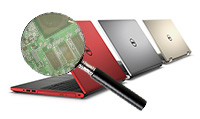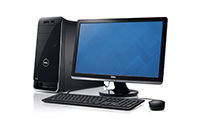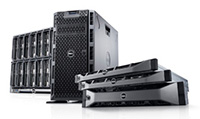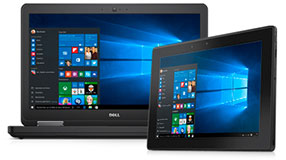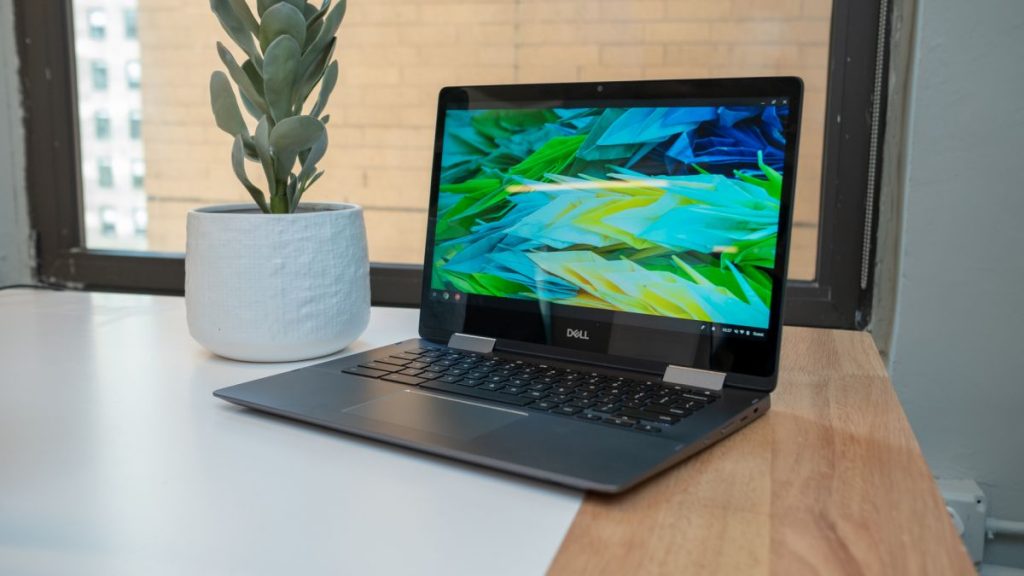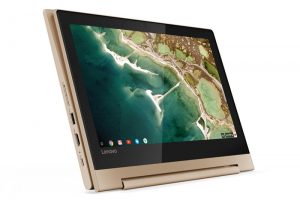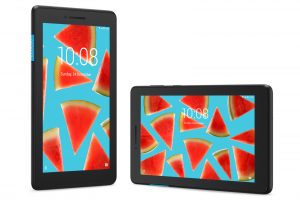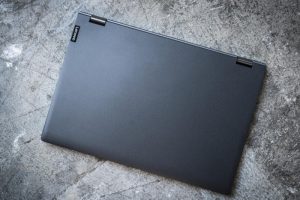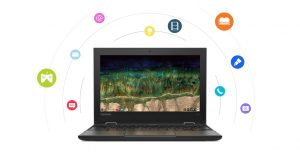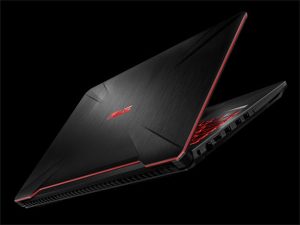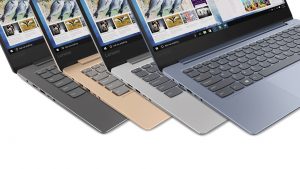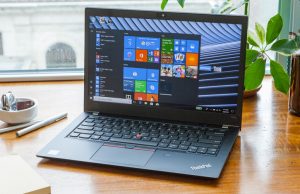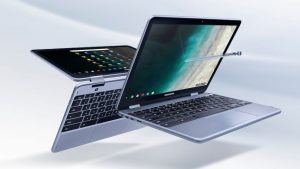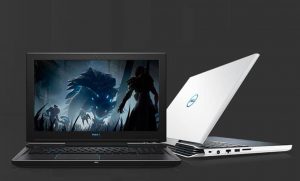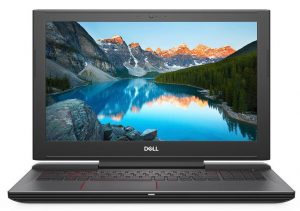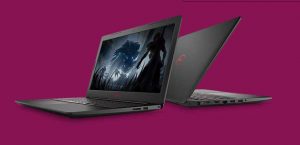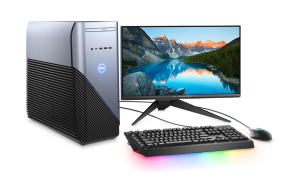Ultrathin Ultrabooks using Intel's new ULV (Ultra Low Voltage) chip-sets, and other ultrathins using AMD's APUs (accelerated processor units) are set to be a driving force in business,
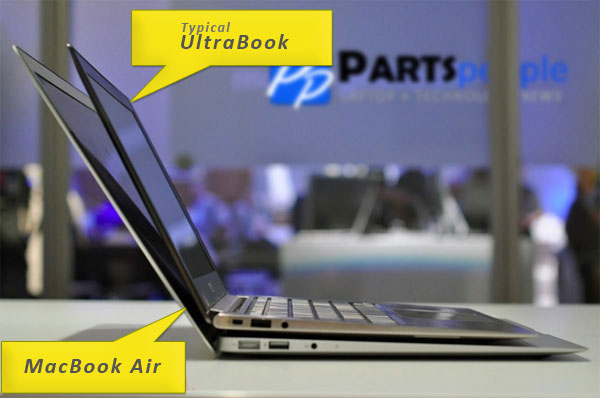

In fact, IHS Inc.'s iSuppli says Ultrabooks (the Intel based category) could be a catalyst for convergence of mobile devices, creating another paradigm shift that will re-energize the entire semiconductor manufacturing supply chain. Ultrathins / Ultrabooks may have been a response to tablets and the MacBook Air, but it probably will be netbooks that suffer, as prices plummet on ultrathins (the generic category) by the end of 2012.
Factors Driving Business, Enterprise Early Adoption
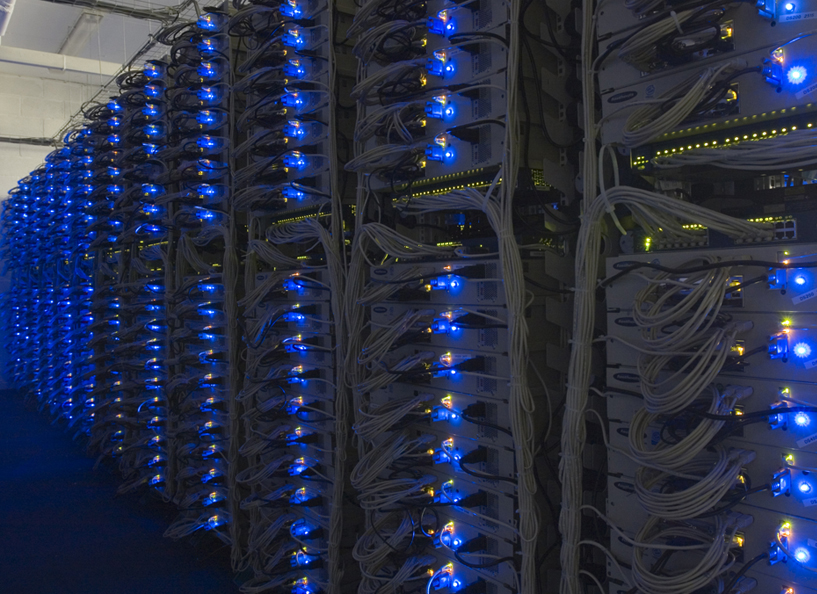

Security: Hardware and software based security is probably at the top of the list. Pre-boot authentication and finger-print scanners will be common. Data protection will be enhanced with hardware such as embedded security in a hardware security chip, called the Trusted Platform Module (TPM). TPM specifications have been developed by the Trusted Computing Group. Ultrabooks / ultrathins will commonly incorporate anti-theft, anti-malware, and identity protection.
These hardware and software security enhancements will become mainstream, and will be a key to driving business sales. SSDs (Solid-state drives) bring not only fast boot-up and instant-on resume from sleep, but also add substantial data security because of extraordinarily robust temperature and shock resistance. When an SSD reaches its end of life it does not crash or lose data. It just prevents additional writing to the drive, and its data is preserved and accessible.
Connectivity: Various forms of always-on connectivity are already building blocks for business. The cost-efficiency of cloud-based computing, including not only data-storage, but also software applications as services, backup and synching, automation and monitoring, and capacity planning will cause businesses to view IT services as utility resources. Huge cloud-based data-centers and server-farms are being built in Asia, and your business will probably have some or most of its data stored there. Some may say that is a security concern. NFC (Near-Field Communication) is another form of connectivity that will become ubiquitous.
BYOD: Bring Your Own Device will be more commonly accepted as cloud-computing platforms increasingly support multiple operating systems, and it becomes common for professionals with several devices to use a personal cloud service for synching, online storage, and
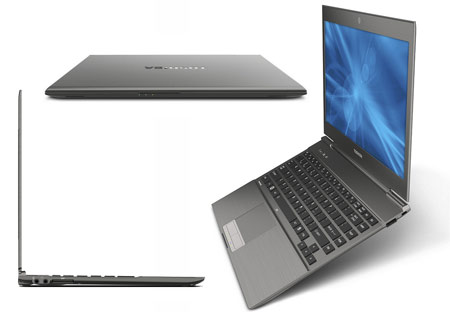

Long Battery Life: The energy efficiency of the new chip-sets and the SSDs will make it possible to easily get through a full work day without plugging into an external power source. Business owners and managers will love the increased employee productivity.
Premium features in some entry-level products: Businesses will benefit from improved graphics quality and performance. Tablet-like touch-screens are in the pipeline for some ultrathins / ultrabooks. Vastly improved "retina-quality" displays are making an appearance with resolutions as high as 2560 pixels by 1440 pixels.
Assessment
Business adoption of ultrathins / ultrabooks is not only about form-factor; it is immersed in the convergence of systems, hardware, technologies, software applications, and the cloud-based computing environment.
Read More About Ultrabooks
  | Intel has taken an initiative so bold and defined, with clear and workable methods of implementation, that the results in the next 18 months could electrify notebook industry sales-volume in a manner similar to jump-starting your car’s battery with a 50,000-volt power line. |
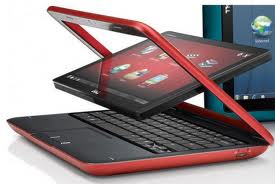  | Convergence may be a word we will be hearing more often, and it accounts for the mild confusion related to defining the differences between Laptops vs Notebooks vs Netbooks; and now the new Ultrabooks. The basis for that confusion is the simple fact that there are no specific and fully agreed upon industry standards which would actually be the definitions. |

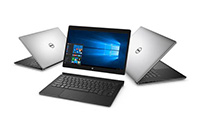 Laptop & Tablet Parts
Laptop & Tablet Parts